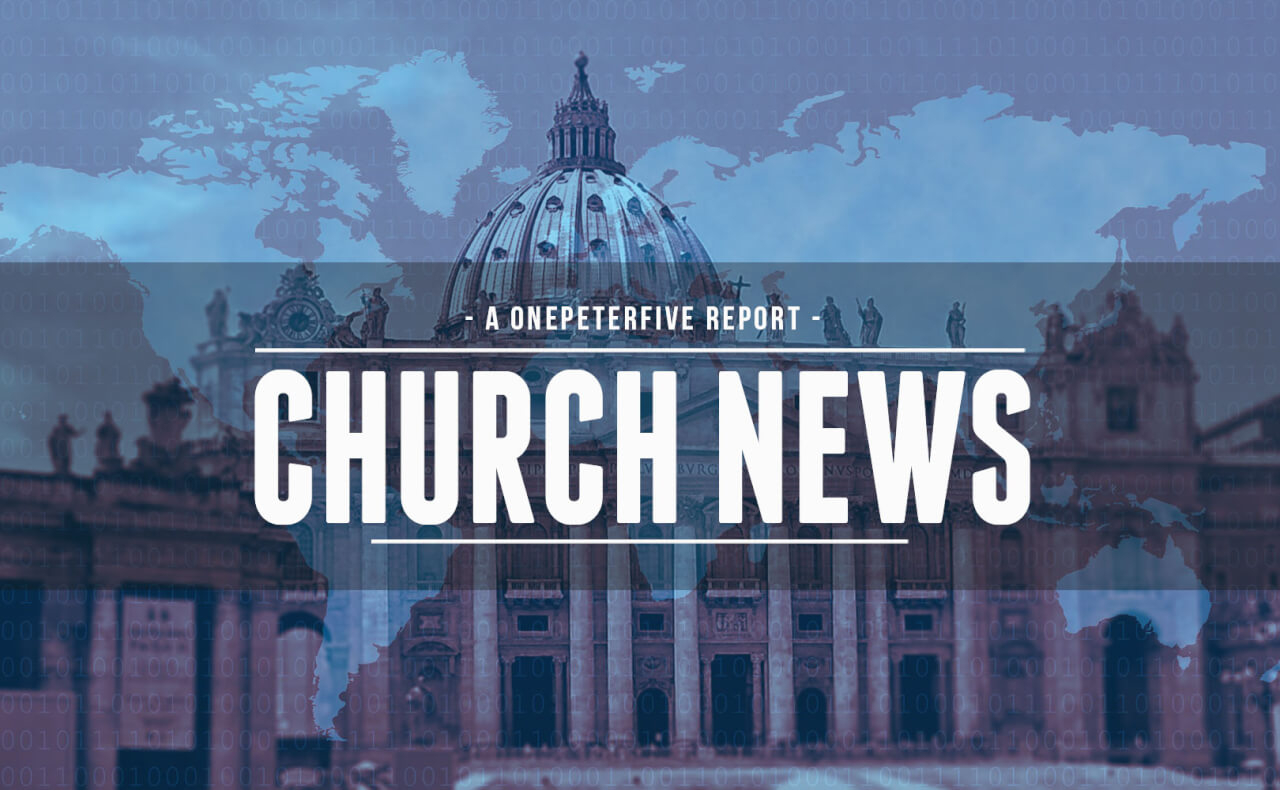The “Instrumentum Laboris” (working document) for the upcoming Amazon Synod was released today. Currently available only in Italian and Spanish, the 45,000-word document — as expected — contains indications that like the two family synods that came before it, this October’s synod on issues facing the Church in the Amazon river basin will not remain local in its focus, but instead bring troubling developments to the entire Catholic Church.
From Diane Montagna at LifeSiteNews:
The 64-page document, which will form the basis of discussion at the upcoming Synod, suggests that local bishops’ conferences “adapt the Eucharistic rite to their cultures,” that the Church consider ordaining married “elders” to the priesthood, and that Synod fathers identify the “official ministry that can be conferred on women,” given their prominent role in Amazonian culture.
The document also suggests that it’s time to reconsider “the notion that the exercise of jurisdiction (power of government) must be linked in all areas (sacramental, judicial, administrative) and in a permanent way to the Sacrament of Holy Orders.”
The document focuses heavily on ecological issues, liturgical “inculturation,” community organizing, and ecumenism/inter-religious dialogue.
In one section (p. 39), we are treated to what appears to be a furtherance of the religious indifferentism that caused so much concern in the Abu Dhabi statement. It reads, in part*:
An insincere stance of openness to the other, as well as a corporatist attitude, which reserves salvation exclusively to one’s own creed, is destructive of the same creed. In the parable of the Good Samaritan, Jesus explained this to the inquiring lawyer. Love lived in any religion pleases God. “Through an exchange of gifts, the Spirit can lead us ever more fully into truth and goodness.” EG 246
It is not a stretch to re-imagine the operative sentence in the preceding paragraph as “Love lived in any relationship pleases God,” particularly as Christians around the world weather another barrage of LGBT messaging during so-called “Pride month” — during which Catholics in Genoa, Italy have been forbidden by Cardinal Archbishop Angelo Bagnasco from using the parishes of the diocese to offer public reparation for offenses committed in the name of “gay pride.”
To return to the synod document itself, the section on inculturation encourages marriage and “Christian initiation liturgies” to be “festive, with their own music and dances, using indigenous languages and clothing, in communion with nature and with the community.” It also asks for bishops’ conferences to “adapt the Eucharistic rite to their cultures,” and further:
Communities find it difficult to celebrate the Eucharist frequently because of the lack of priests. “The Church draws her life from the Eucharist” and the Eucharist builds the Church. Therefore, instead of leaving the communities without the Eucharist, change is requested in the criteria for selecting and preparing ministers authorized to celebrate the Eucharist.
Paragraph 129 of the document says:
Stating that celibacy is a gift for the Church, we ask that, for more remote areas in the region, study of the possibility of priestly ordination of elders, preferably indigenous … they can already have an established and stable family, in order to ensure the sacraments that they accompany and support the Christian life[.]
It has long been anticipated that addressing the insufficiency of priests in the region would lead to the relaxation of clerical celibacy around the world. As Bishop Schneider said last year, to grant such permission in the Amazon would mean that “celibacy would de facto be abolished” in the global Church.
German cardinal Walter Kasper, a close friend and adviser to Pope Francis, said in an interview earlier this month that “if the bishops agreed through mutual consent to ordained married men — those called viri probati — it’s my judgement that the pope would accept it.”
“Celibacy isn’t a dogma,” Kasper continued. “It’s not an unalterable practice.”
Last year, German bishops’ conference vice president Franz-Josef Bode announced that the German bishops will ask the pope for special permission to ordain “viri probati” if the pope allows permission to the Church in the Amazon region.
Paragraph 129 also says it is suggested that the bishops “identify the type of official ministry that can be conferred on women, considering the central role they play today in the Amazon Church.”
It is unclear what role, exactly, is anticipated in this section, considering that the pope appeared to shoot down hopes of ordained female deacons after the commission he appointed several years ago was unable to conclude that any such office had ever existed in the Church.
“[F]undamentally,” the pope said during an in-flight press conference in May 2019, “there is no certainty that [the ordination of women] was an ordination with the same form, in the same purpose as male ordination. Some say there is doubt, let’s go ahead and study. I am not afraid of studying, but up to this moment it does not proceed.”
* Translation of this section by Jesús Flórez.


